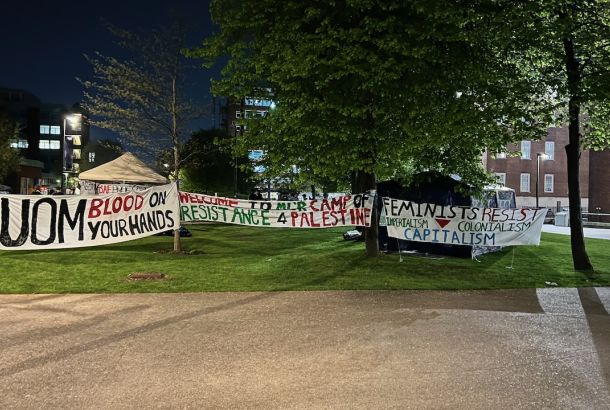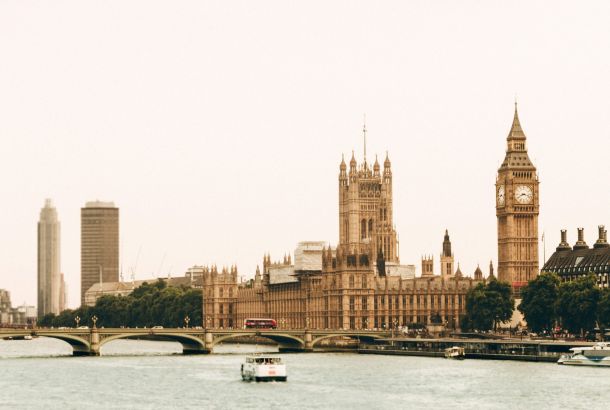A life lecture from British “super-surgeon” Dr. David Nott
By Rossy Natale
This week, Manchester alumni Dr. David Nott gave a lecture to medical students and the medical faculty describing his work and the importance of humanitarian aid for BBC One’s The One Show.
Dr. Nott alternates his time between his work as an NHS consultant surgeon in London and travelling to war torn and disaster struck countries to provide humanitarian medical aid. After entering a career as an NHS surgeon, Nott travelled to Bosnia during the civil war in 1993. Working in a hospital so full of bullet holes, it had been dubbed the “swiss cheese hospital”, Nott launched his second career as a humanitarian worker.
Since this initial trip, Nott has travelled to dozens of areas including Haiti, Gaza, Iraq, Afghanistan, the Congo, and most recently, Syria, working with the Red Cross, Syrian Aid, and Médecins Sans Frontières; this is all done on unpaid leaves of absences of up to six weeks from his surgical consultant position in London.
Nott detailed some of his most memorable experiences, and some of the decisions he has faced while working. Presenting the audience with pictures and videos of war torn countries and wounded civilians, it is easy to see where Nott gets his drive to help others: “The spark is still there,” he tells the audience.
“It was eye opening and moving,” one Manchester student tells The Mancunion: “If you haven’t heard of him you really should look him up and see the work that he and others have done to help those affected in war zones.”
Working in less than ideal conditions with limited supplies, Nott has not only saved thousands of lives, but he has established a course to train surgeons in trauma surgery. However, this British doctor feels that humanitarian medical aid is becoming less and less possible.
Speaking from experience, he explains how hard it is to come back from these trips. Nott admits to the audience that he has suffered from PTSD, and explains the constant danger he faces when working in these areas, as humanitarian workers are common targets of attacks.
The areas where most humanitarian doctors are needed are so dangerous that most organisations have withdrawn their help. The threats on humanitarian workers are so real, he explains, that he sends messages to another doctor, a friend of his who is stationed in Aleppo, every day to check that he is still alive.
Humanitarian corridors, Nott argues, need to be established to protect those who want to help. Since his return from Syria in 2013, he has campaigned to British ministers, but has been largely ignored.
“The Geneva Conventions are being completely ignored,” Nott argues. Most of the patients David Nott treats are innocent civilians, many under the age of 18. He does this all while risking his own life.
Amidst the ongoing protests regarding the government’s imposition of new contracts on junior doctors, Nott is calling for a different kind of medical protest from Britain’s current and aspiring doctors: “You shouldn’t have to worry that by putting one foot out to help someone, you might get kidnapped or killed.”
He urges British medical students, the next generation of humanitarians, to join him. “You have to speak out,” Nott tells the audience, “If you believe something is wrong, you have to speak out about it.”
True to his words, Nott is a outspoken about humanitarian aid and has also founded the David Nott Foundation which provides surgical training for surgeons working in natural disaster areas.
David Nott’s lecture is part of the life lecture segment on BBC One’s The One Show.







